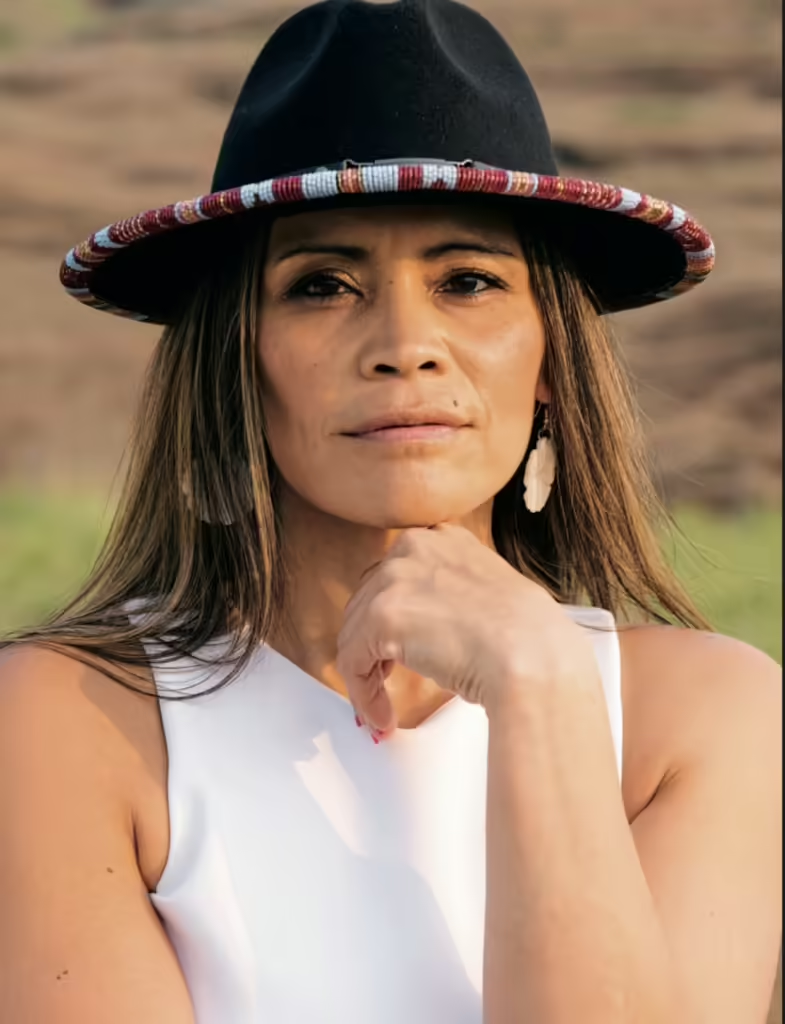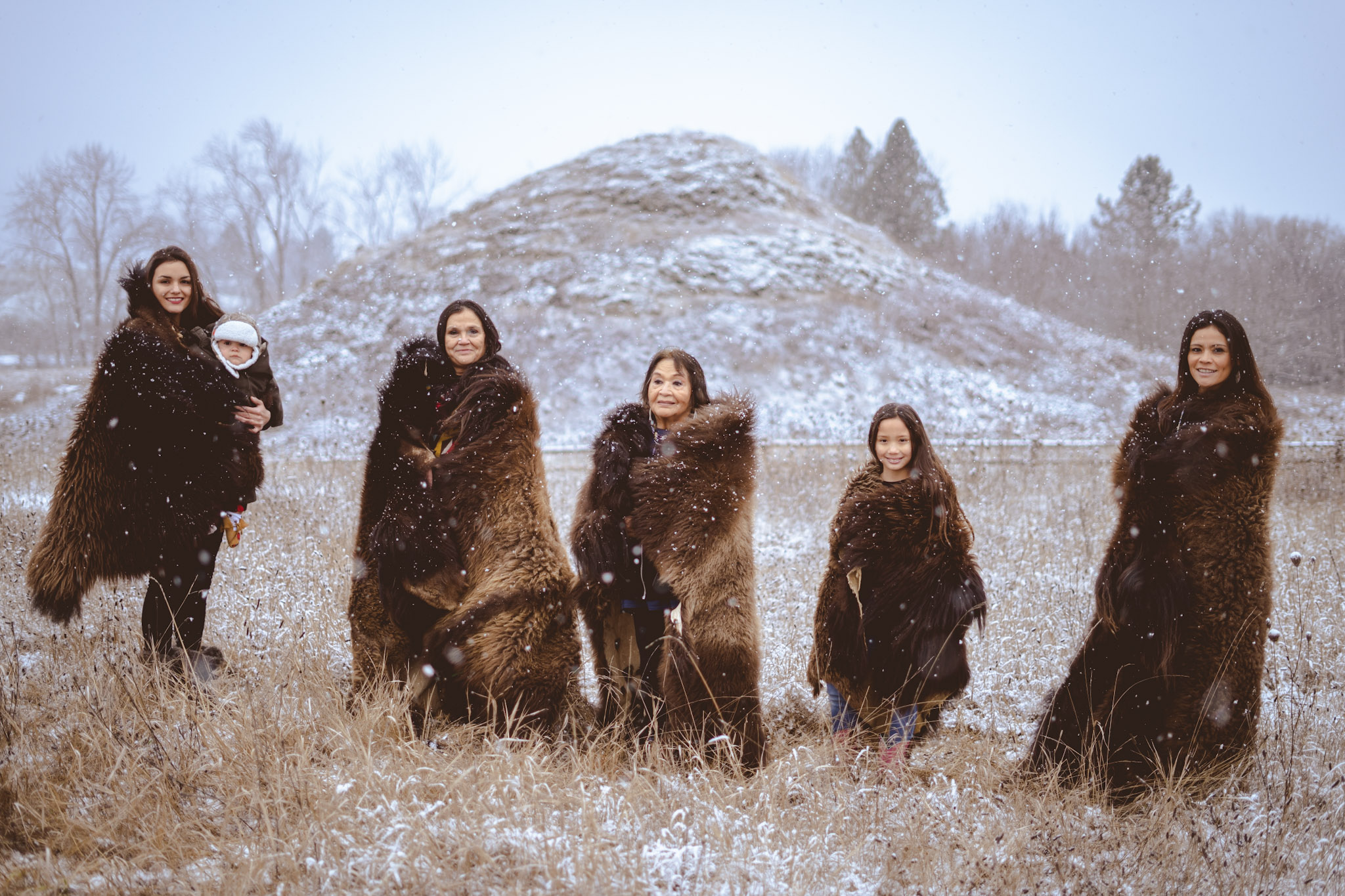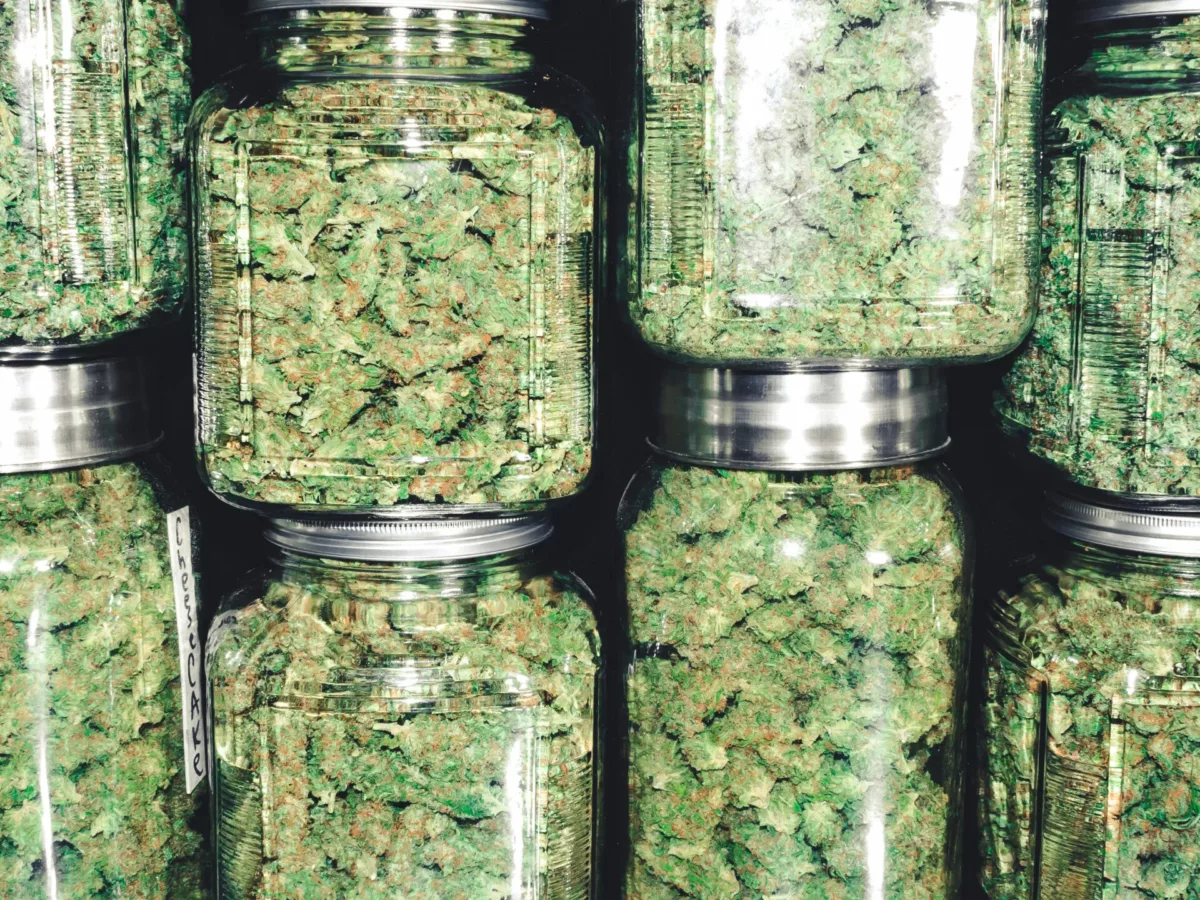Welcome to The Outlaw Report’s Q&A series, focused on the cannabis landscape of the Mid-Atlantic. Our series aims to shine a spotlight on the trailblazers and experts who are shaping the local cannabis industry. Through their first-hand experience and insights, we explore the successes, challenges, and stories of businesses and individuals at the forefront of cannabis policy, business and innovation in the region.
We chatted with Mary Jane “MJ” Oatman (of the Nez Perce tribe), the executive director of the Indigenous Cannabis Industry Association, founder and executive director of the Indigenous Cannabis Coalition and founder and editor-in-chief of THC “Tribal Hemp & Cannabis” Magazine. We wanted to understand how the tribal cannabis community is pushing the envelope with new dispensaries around the country.
What is the Indigenous Cannabis Industry Association and what is your mission?
The Indigenous Cannabis Industry Association (ICIA) exists to promote the exploration, development and advancement of the cannabis industry for the benefit of all Indigenous communities. ICIA is dedicated to the advocacy and empowerment of our Indigenous cannabis businesses, influencers and aspiring entrepreneurs along with being a conduit of connection and data for Indigenous Nations as we push towards a vision of an equitable, just, and sustainable Indigenous cannabis economy.
What are the main issues that ICIA is attempting to address this year for tribal communities?
The ICIA strives to keep tribal communities at the forefront of cannabis reform at local, state and federal levels through increased education and advocacy campaigns, data and research project dissemination as well as leading with strategic policy initiatives that advance tribal sovereignty. We are not asking for permission to heal our communities but rather putting a spotlight on communities that have successfully integrated cannabis wellness, economic development and workforce initiatives with hemp and cannabis. It is our duty to document our members and tribal communities and connect the partners that have helped develop successful operations so there is more transparency and accountability for other tribes who are fearful of expanding cannabis due to its current federal status.
Why is it important to connect tribal communities who are setting up cannabis markets with each other?
It is important to connect nation to nation markets because tribes are intentionally growing infrastructure and supply chains and to a great extent have much of that commerce connected through the tobacco industry. The economic development model for casino enterprises does not really allow for a tribe to tribe trade or business. Aside from conference hosting, the world of gaming enterprises is competitive. But to a great extent cannabis is changing this previous attitude. We now have tribes working to break down the barriers for intrastate cannabis development so that they can share resources, product and supply chain as well as knowledge about what works, what hasn’t and why it was not a good fit for the tribe.
What can other cannabis markets learn from tribal communities?
The mainstream cannabis markets can learn so much from tribal communities. From the start, we hope that all people who are handling cannabis understand and have an experience or relationship with the rich culture of the plant as a living entity. There is much precolonial significance for plant medicines, so maintaining integrity, respect and a genuine appreciation for how it is handled, harvested, packaged and sent out to heal people is important. Tribal communities are growing cannabis markets with the farm to table concept that many families are embracing for healthier food systems. By sharing the stories of Indigenous farmers our communities are building brands that stand out amongst the rest in very saturated markets. Ethos and values matter, and no community can brag more expertise about smoking cultures than Indigenous communities.
Why is it necessary that ICIA have a presence in Washington, D.C?
The third annual National Indigenous Cannabis Policy Summit, hosted by the Indigenous Cannabis Industry Association (ICIA), took place Nov. 13-15 in Washington D.C., to bring together Tribal leaders, elected and government officials, businesses, healthcare professionals, veterans groups and advocacy organizations and to provide solutions to the most pressing cannabis-related challenges and opportunities facing Indigenous communities. The three-day event was the first post-election gathering of cannabis advocates in Washington, D.C. and attendees created concrete and actionable takeaways to protect and progress Indigenous interests in hemp and cannabis. It is critical to convene in our nation’s capital to advance our strategic policy priorities and ensuring that our voices are heard alongside our allies.
What are the main issues facing tribal communities concerning cannabis in the upcoming year?
It is imperative that tribal communities organize to protect the programs and policies that we have implemented and establish direct lines of communication with the incoming administration to build common ground on cannabis policy reform in Indian Country. We have more and more tribes expanding cannabis economic development and joining the advocacy efforts of the ICIA to be proactive with the new administration. We are optimistic that tribal nations will be afforded the same level of respect as states but are also preparing for potential rollbacks. It’s really hard to say. With such disparate rates of suicide, Veteran health issues and overall neglect in indigenous communities, we cannot continue to sit and wait for a federal solution. Cannabis has proven effective in most if not all of the communities that are advancing medicinal access, so we have to go with tribal community data to move Indian Country beyond the paternalistic authority of Congress.

To learn more about The Outlaw Reports features please reach out to info@outlawreport.com






